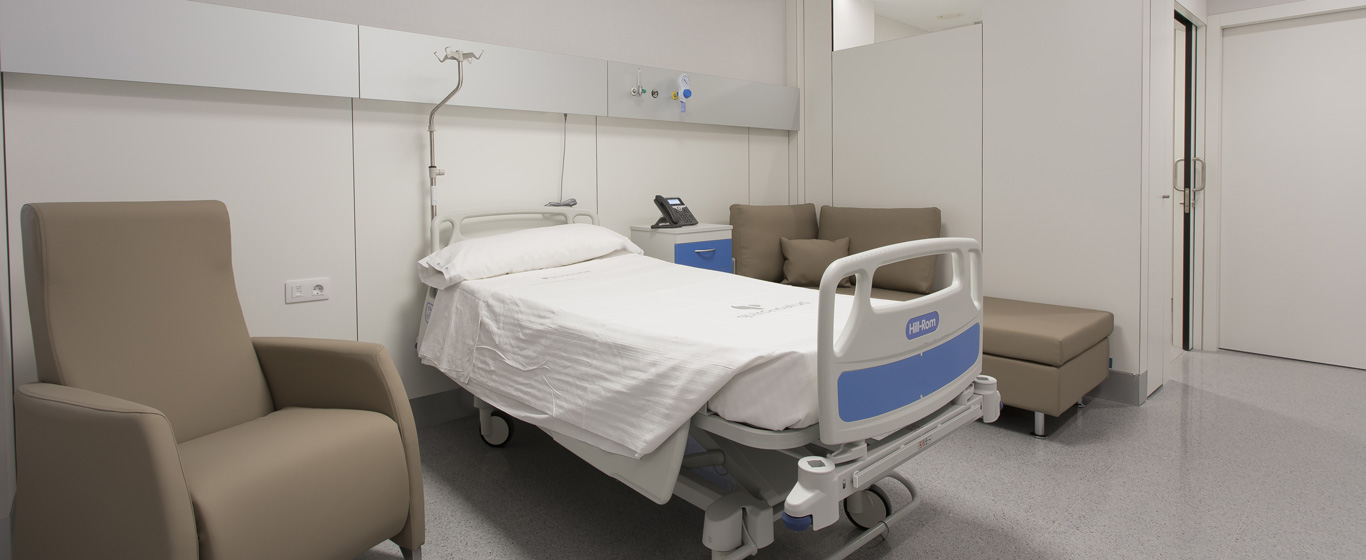Anamnesis
Anamnesis is the first contact a patient has with a medical specialist. During this process, the patient’s medical history is reconstructed to gather general information about their lifestyle, health status, and medical background, which will aid in making an accurate diagnosis.
General Description
Anamnesis, or medical history, is part of the patient’s examination when they visit a doctor. It is the initial point of contact, a process based on an interview designed to obtain relevant information:
- Personal data.
- Current illness: reason for the consultation, symptoms, concerns, doubts.
- Personal medical history: related episodes, significant illnesses, surgeries, current medications.
- Family history: genetic diseases or conditions that may predispose descendants to certain pathologies.
- Psychosocial factors: lifestyle, occupational background, social interactions, and harmful habits.
The key to obtaining detailed and reliable information is to establish a trusting environment in which communication between the specialist and the patient flows smoothly. The physician must then focus on identifying relevant information for the current case and determining which details are not pertinent at that moment.
In some cases, such as emergency procedures, there is no time to conduct a detailed medical history. In such instances, the physician concentrates on the information relevant to the current symptoms while remaining alert to any aspects that may require further investigation.
For a medical history to be useful, it must be objective and well-organized. This helps avoid redundancies, confusion, or missing information.
When is it indicated?
Anamnesis is the first step in any medical consultation aimed at diagnosing or ruling out a disease. It is conducted at varying levels of depth in both family medicine and specialist consultations.
How is it performed?
A medical history is obtained through a conversation in which the doctor asks the patient questions about relevant information needed for diagnosis or to determine necessary tests. Active listening is crucial to identify key aspects, even if the patient does not perceive them as significant.
Risks
Anamnesis poses no health risks.
What to expect from anamnesis
During the process of compiling a medical history, some patients may feel intimidated by personal questions. It is important to remember that the specialist’s goal is not to judge the responses but to identify the cause of the discomfort. The more honest the patient is, the more accurate the diagnosis tends to be.
Specialties that require anamnesis
All medical specialties conduct a patient’s medical history during the first consultation and each time new symptoms arise.
How to prepare
Since nervousness can sometimes prevent patients from expressing everything they want to say, it is helpful to write down all relevant information before the appointment. This includes symptoms experienced, their onset and context, as well as any personal or family medical history that might be related.









































































































